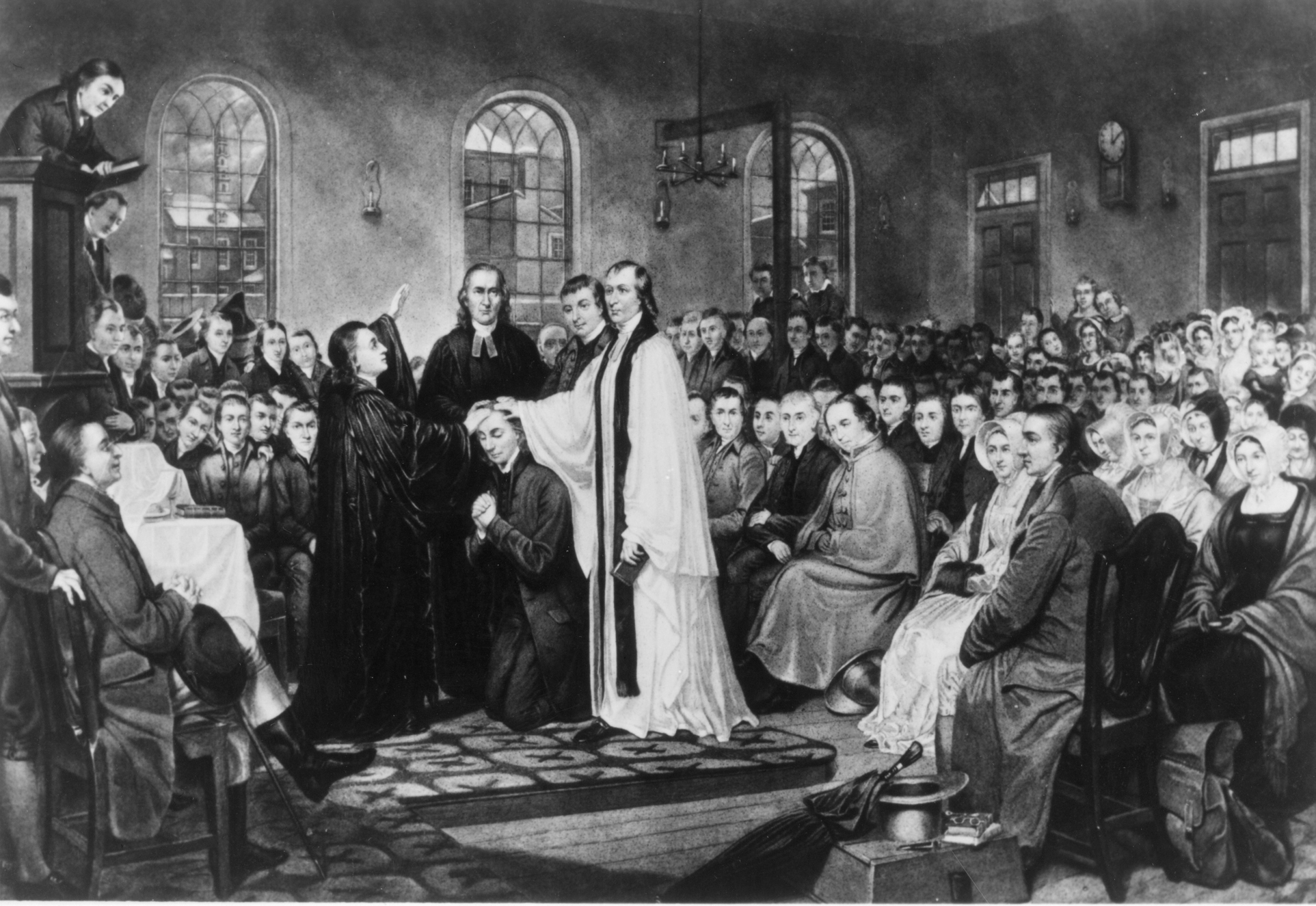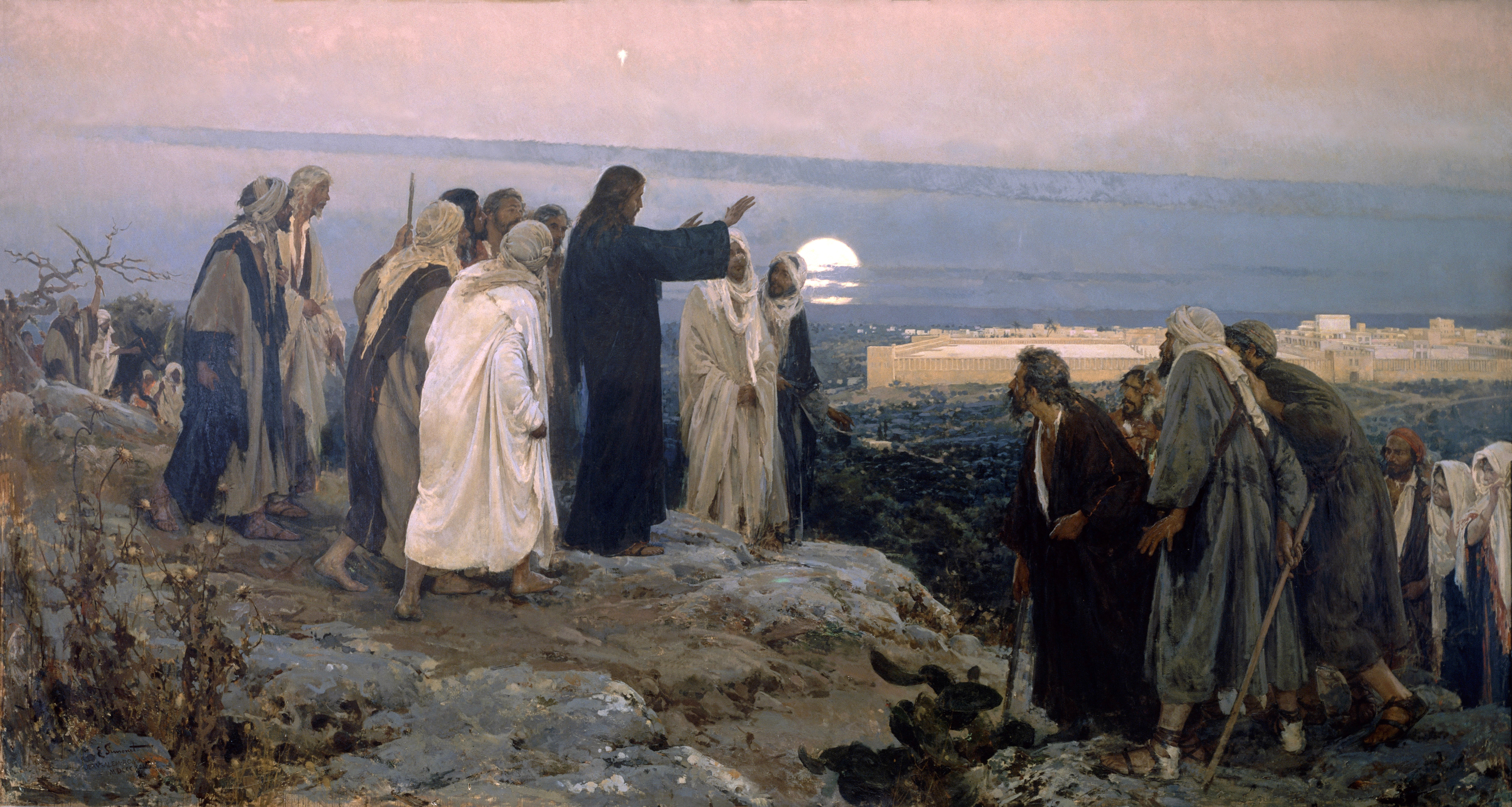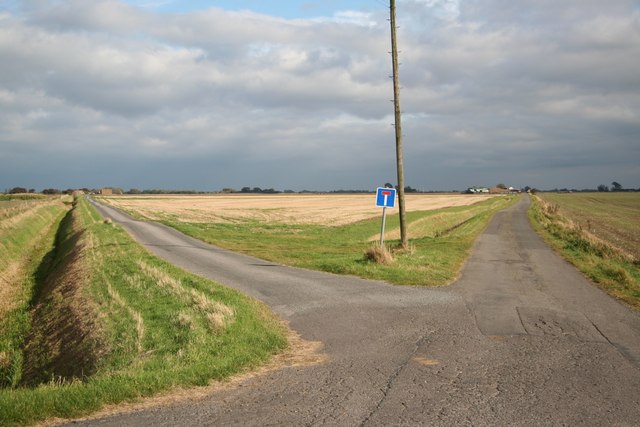Tuesday, March 31, 2015, Day 36
Mark 14:26-42 (NRSV)
The tension builds in today's Gospel reading as Peter is told he will deny Jesus.
He denies the denial!
Any of us would likely do the same. However, it is kind of ironic that in the next scene when Jesus is distressed, Peter keeps falling asleep. Those who have fallen asleep in church before might sympathize with him.
 |
| How is sleep a metaphor in today's passage? |
Was their trust of the Lord what allowed them to fall asleep?
It may be that they didn't realize that their rabbi needed their support. After all, he fed the 5,000! Why would he need their help?
But he did.
His human anguish at impending suffering and the lack of understanding by the disciples both point to our own lack of compassion for the suffering of the world. We often choose not to see because to see would be overwhelming.
When we see starving children come across our television screens, we likely just turn the channel.
And so we fall asleep.
Didn't Jesus just tell us to keep awake at the end of chapter 13?
Today's passage points to the reality of stress and agony in people's lives. Maybe I need to take better notice of those around me. Maybe I could ask more questions. What does it mean to really pray for someone else - with someone else?
Prayer:
O Creator and Mighty God,
you have promised strength for the weak,
rest for the laborers, light for the way,
grace for the trials, help from above,
unfailing sympathy, undying love.
O Creator and Mighty God,
help us to continue in your promise. Amen.
Prayer is a traditional Pakistan prayer.
Picture by Qwentl (Own work) [CC BY-SA 3.0 (http://creativecommons.org/licenses/by-sa/3.0)], via Wikimedia Commons
.jpg)




_-_James_Tissot.jpg)






.jpg)











